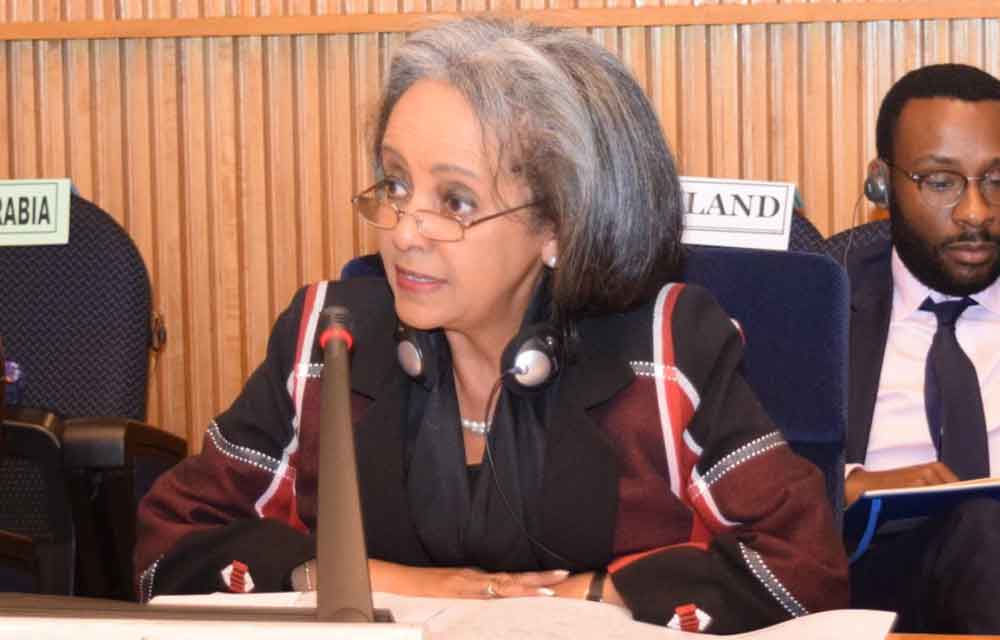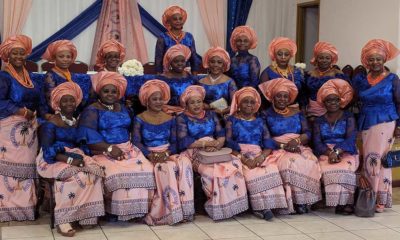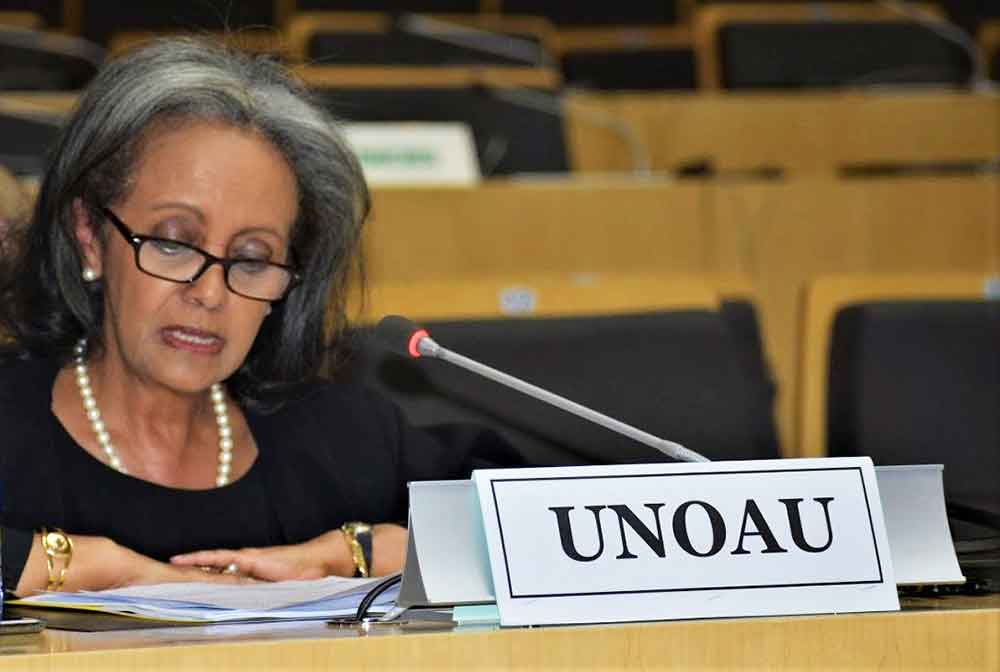Politics
Ethiopia Makes History, Elects First Female President

Other News
The Trend of Presiding Over Nigeria from Europe Continues with Tinubu
Community Events
Nigerian Politician, Wife Jailed in London for Illegal Kidney Plot
Community Events
World Bank: Diaspora Nigerians Sent Home Nearly $170b in 8 Years
-

 Other News6 years ago
Other News6 years agoShock Poll! Majority of Nigerians Love Donald Trump, Give the U.S. President Thumbs Up
-

 Community Events6 years ago
Community Events6 years agoUrualla Action Women Organization Launches in Houston, Texas
-

 Business & Technology5 years ago
Business & Technology5 years agoFBI Arrests Nigerians, Others in Massive $30 Million Romance, Retirement Account Fraud
-

 Community Events6 years ago
Community Events6 years agoFestival Organizers Invite Houstonians to Celebrate Nigeria’s Independence
-

 Entertainment & Fashion6 years ago
Entertainment & Fashion6 years agoMeet Ego Nwodim, the Nigerian-American taking Hollywood by Storm
-

 Community Events5 years ago
Community Events5 years agoNigerian Consulate to Conduct Nigerian E-Passport Intervention in Houston, TX
-

 Community Events6 years ago
Community Events6 years agoNigeria Cultural Parade Hopes to Educate Americans about Nigeria
-

 Community Events6 years ago
Community Events6 years agoCultural Dance, Gele Contest, Products Exhibition at Nigerian Day














